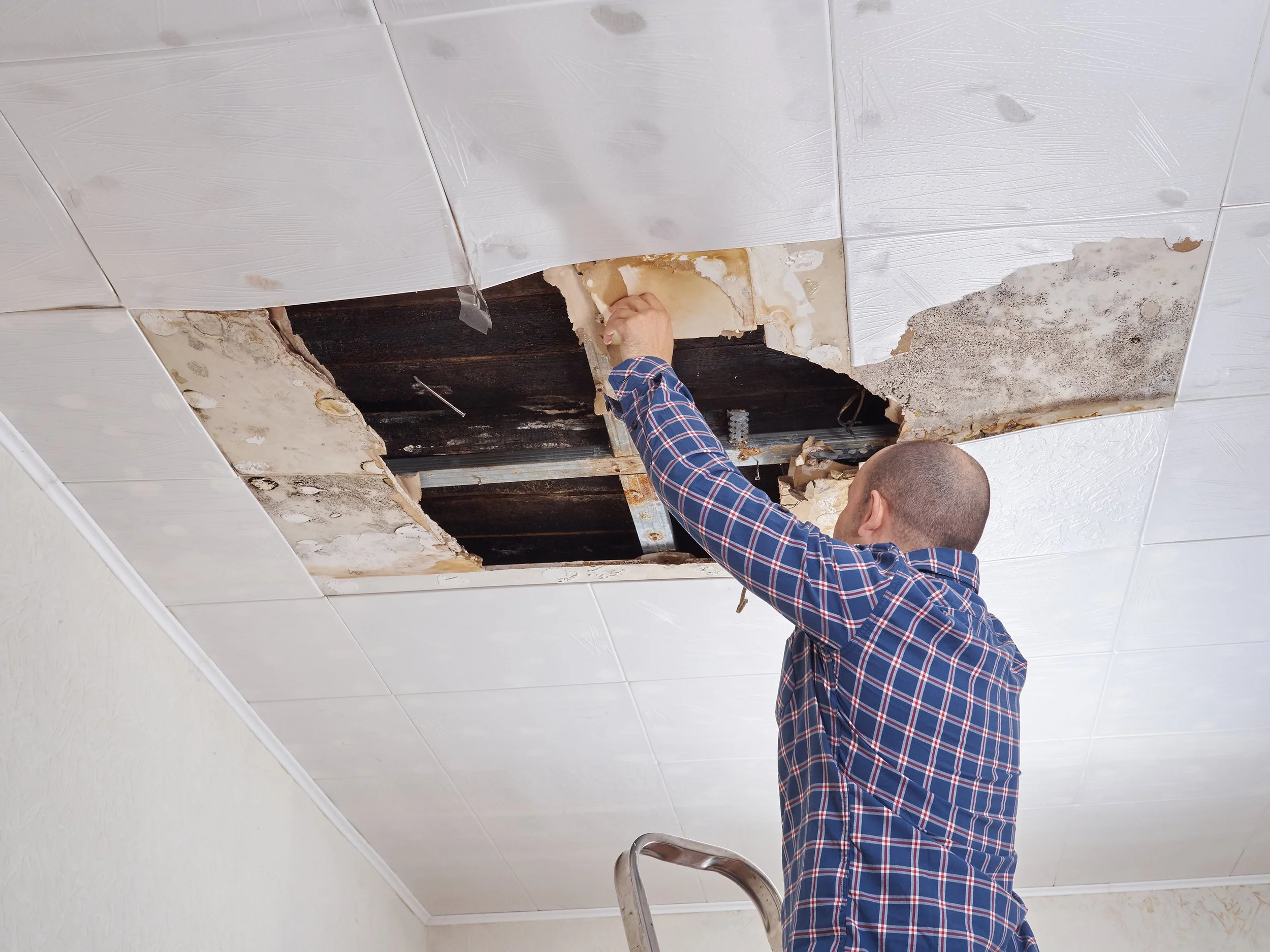
Working for a Mold-Free New York City
Were you or your business impacted by severe weather and you're dealing with the aftermath of a flood? Have you noticed a certain smell or happened to see black spots on your ceilings, walls, or in your bathroom showers? Are you experiencing breathing problems and headaches due to the poor quality of air in your office or home?
Mold and air testing will inform you if you have toxic contaminants such as black mold that are hazardous to your health. If you suspect the appearance of mold, call or email us today! Scroll down to learn more about black mold and how to address it.
Mold Handling Services You Can Trust
Multi Services JB Corp offers complete mold inspection services in all boroughs of New York City, namely, Brooklyn, Queens, The Bronx, Manhattan and Staten Island. Our professional services include full-service mold testing, inspection, and reporting. We inspect all commercial and residential buildings. Our board certified mold inspectors assesses mold by taking air and physical samples. These samples are sent to a 3rd-party laboratory for testing.
Once the tests have been assessed at the lab, our team will follow up with a preliminary verbal report within 24 hours. The verbal report will immediately inform you if you have toxic mold. Then, we will give our professional recommendation on how to proceed in the mold remediation process. A follow-up written report will be provided. We handle clearing the violations and writing the reports for the city. For immediate assistance and to schedule your appointment, call (917) 599-6873 or (718) 887-5188 or email our experts at multiservicesjbcorp@gmail.com today!
Everything You Need to Know About Mold
-
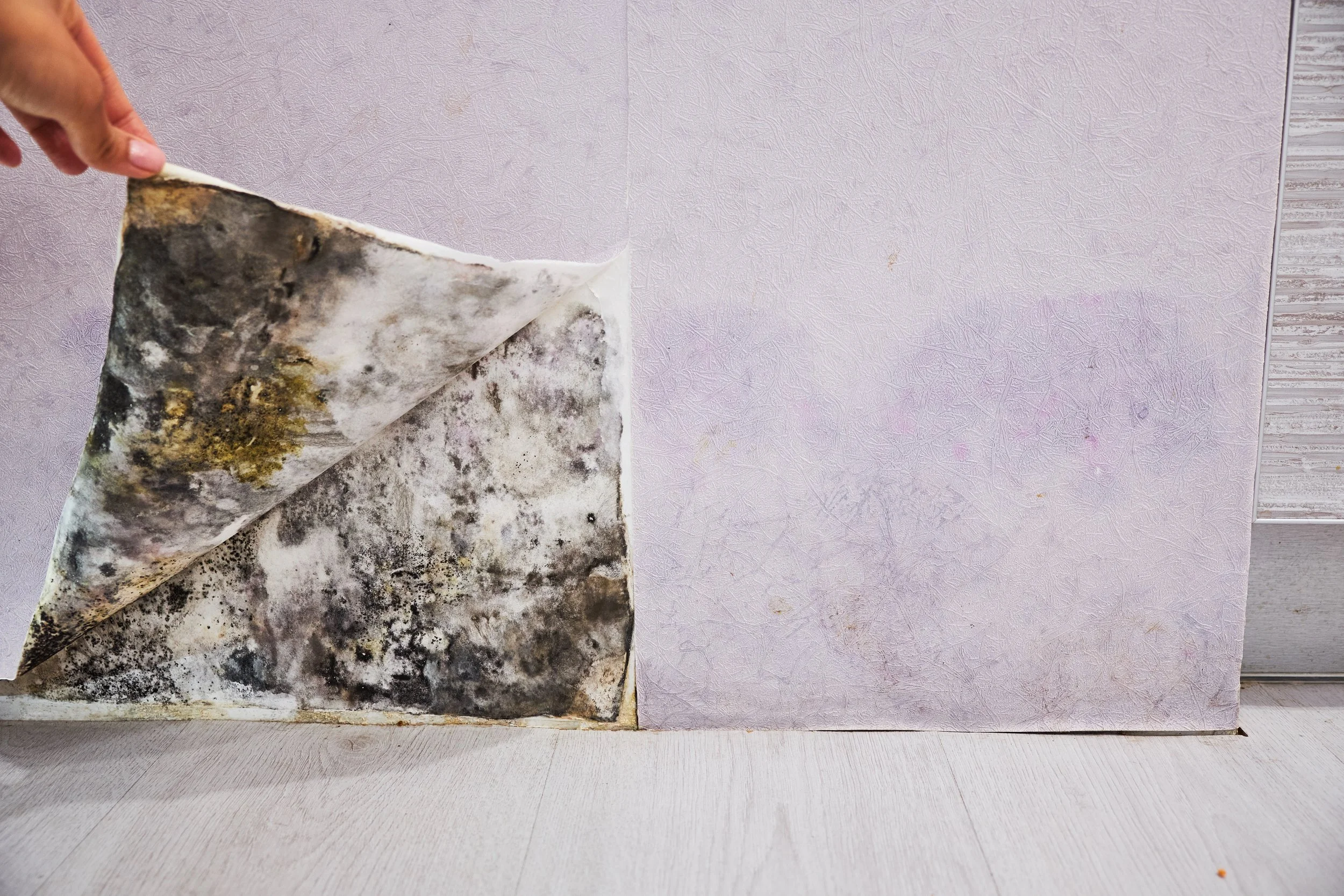
What is Mold?
Mold is a fungus. Mold gives off spores that cannot be seen with the naked eye. Mold spores are ubiquitous in nature. They are found all over the air, including indoors and outdoor. When landing on the right surface with the right conditions, the spore will grow into a colony. When enough growth occurs, you start to see a visible colony. The colony can grow in size if it has the ideal conditions, such as food and moisture.
Molds are considered part of the kingdom "Fungi" where there are over 100,000 species. Although many molds are great for the natural outdoor environment, molds become a problem when they go where they are not wanted, like in our homes or businesses.
-
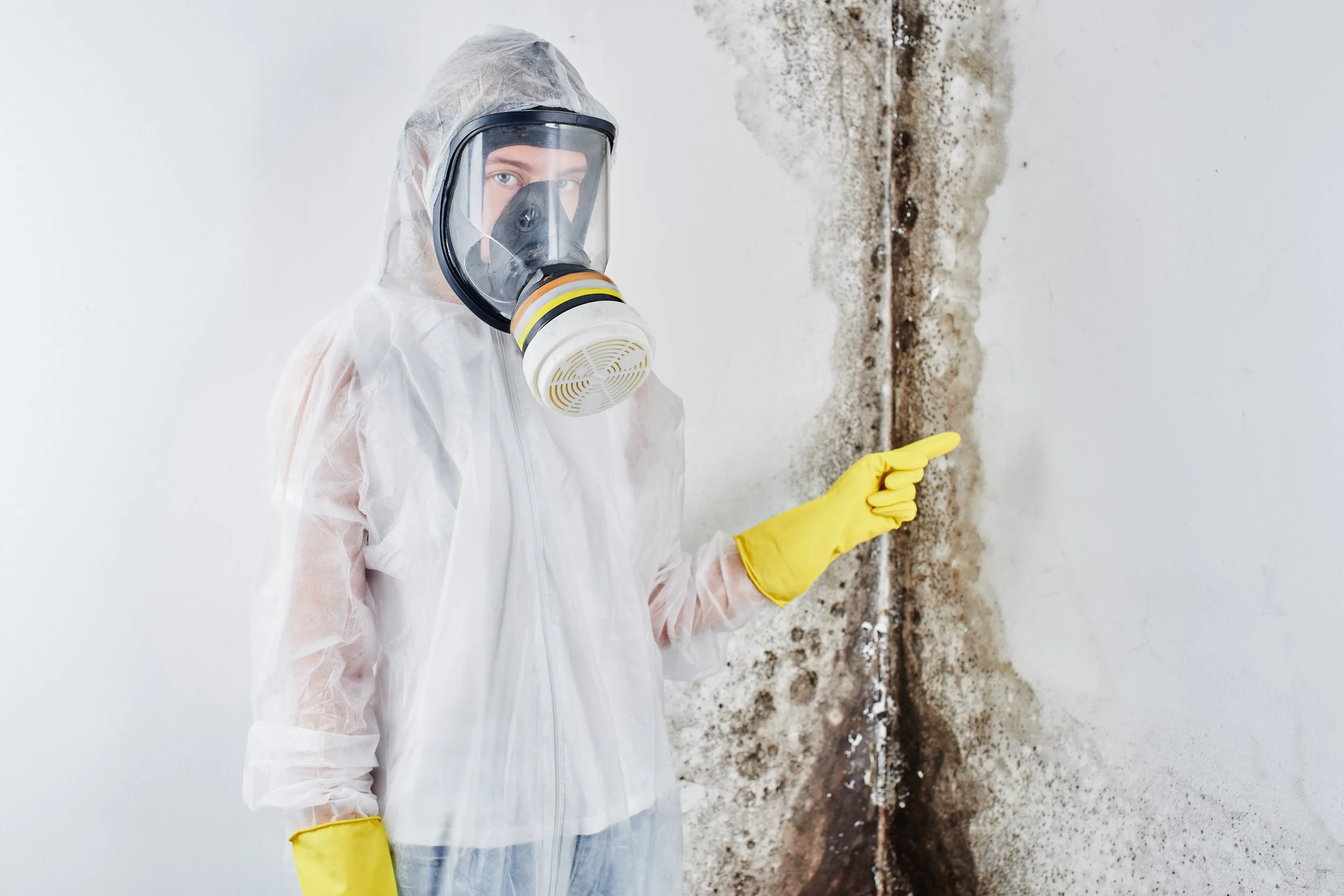
How Does Mold Affect Your Health?
Common complaints relating to mold exposure can include some of the following symptoms such as headaches, shortness of breath, depression, anxiety, memory loss, muscle aches, and gastrointestinal issues.
Not all molds are created equal. While some molds can be allergenic to some people, other molds can be extremely dangerous and can be deadly.
If you suspect possible mold in your home or business, reach out to us today.
-

New Yorkers Should Check Their Lease Agreement & Understand Mold Laws in New York
Did You Know that under the Indoor Allergen Hazards Law in New York City specifically, Local Law 55 of 2018, all building owners are required to keep their tenants' dwelling spaces free from mold and pests.
It notes that property owners must safely fix the conditions that cause problems on the quality of the air in your living areas. Click on the link below to review more information about New York’s stance on Housing and Safety: https://www.nyc.gov/site/hpd/services-and-information/indoor-allergen-hazards-mold-and-pests.page#:~:text=Indoor%20Allergen%20Hazards%20Law,conditions%20that%20cause%20these%20problems.
Multi Services JB Corp is board certified and licensed to assist with mold inspections in your home, apartments and commercial buildings in New York. Call (917) 599-6873 or email multiservicesjbcorp@gmail.com for assistance.
-

Who is most at risk for health problems associated with exposure to mold?
People with allergies may be more sensitive to molds. People with immune suppression or underlying lung disease are more susceptible to fungal infections. Individuals with chronic respiratory disease (e.g., chronic obstructive pulmonary disorder, asthma) may experience difficulty breathing. Individuals with immune suppression are at increased risk for infection from molds. If you or your family members have these conditions, a qualified medical clinician should be consulted for diagnosis and treatment. Visit for more information: https://www.cdc.gov/mold/faqs.htm
-
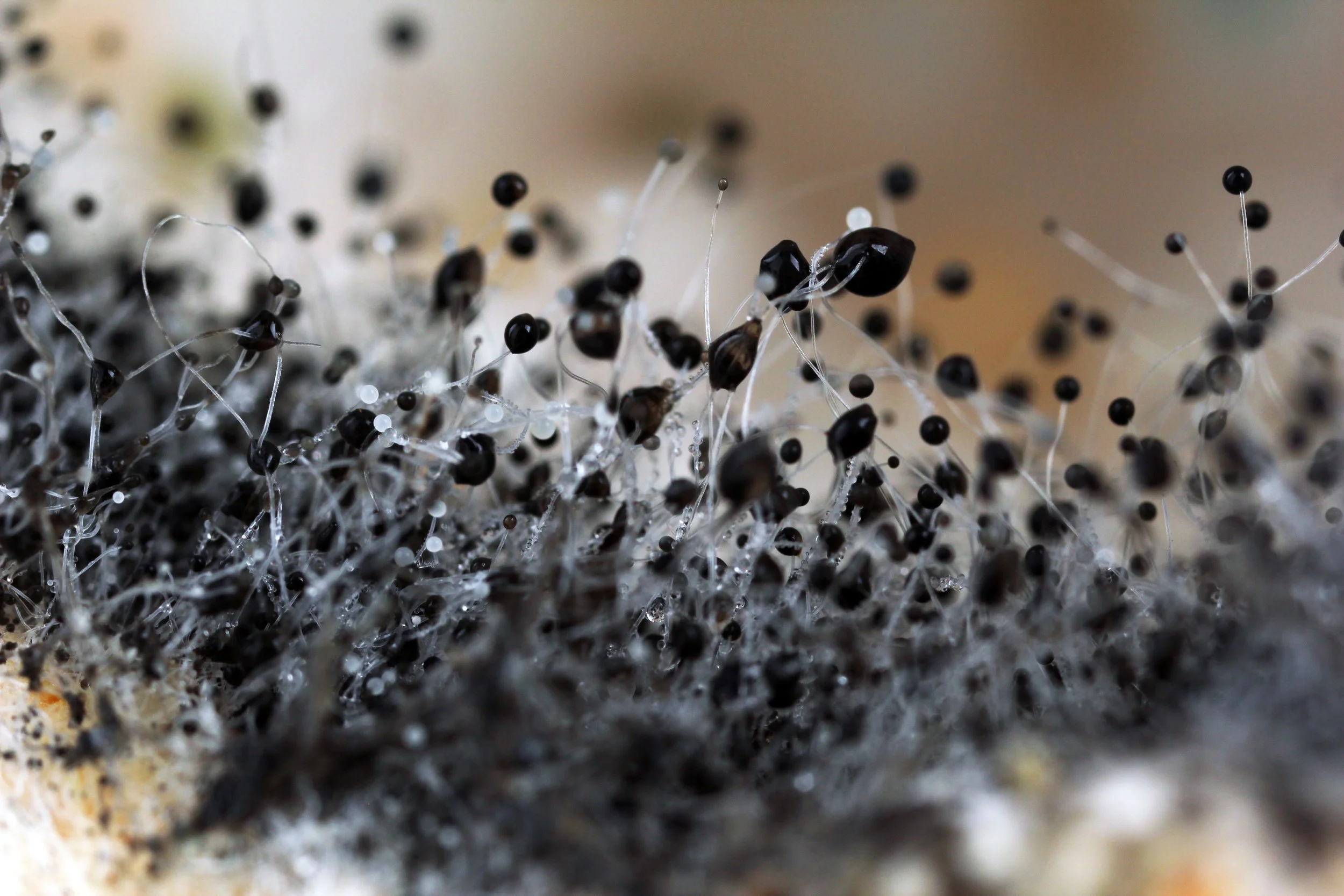
Are some molds more hazardous than others?
Some types of molds can produce chemicals called "mycotoxins". These molds are common, and are sometimes referred to as "toxic mold". There are very few reports that "toxic molds" inside homes can cause unique or rare health conditions. If you think you have a mold problem in your home, you do not need to find out what type of mold you may have. All molds should be treated the same when it comes to health risks and removal. All indoor mold growth should be removed promptly, no matter what type(s) of mold is present, or whether or not it can produce mycotoxins.
Hope this helps you! For immediate assistance if you suspect mold growth in your home or office, call (917) 599-6873.
-
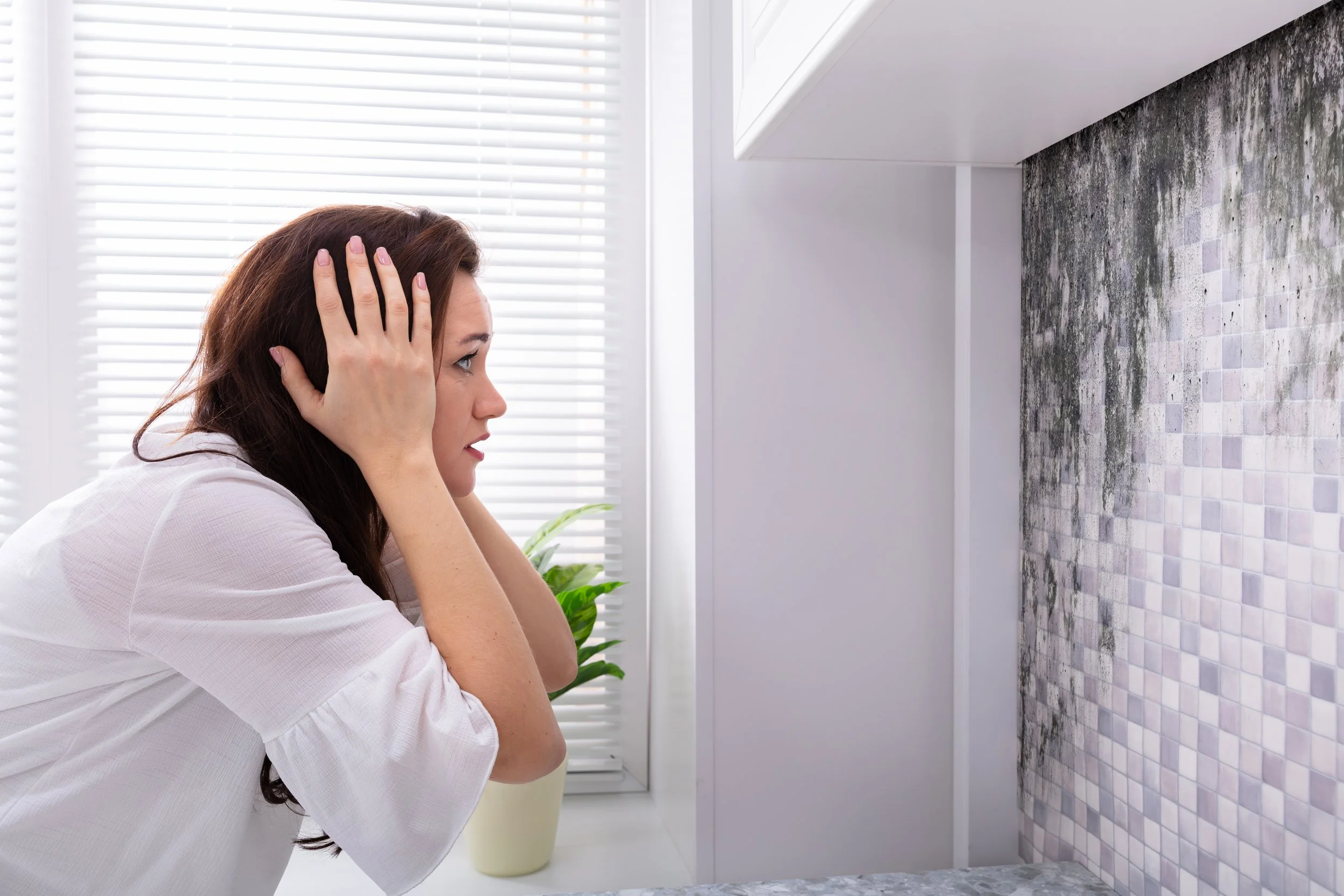
How Does Mold Enter Your Home?
Mold enters your home as tiny spores float through the air. They can enter through doors and windows or even be carried in by your pets or foot traffic. Even though spores are present everywhere, they need moisture to begin to grow.
Mold can grow on any surface, such as wood, tiles, wallpaper, carpets, insulation, and sheetrock just to name a few. Mold grows in areas with elevated moisture from water intrusion or high relative humidity. It can start growing within 24-48 hours. If you have water-damaged materials and you can safely move them to get dried, try to do so within 24-48 hours to prevent mold from completing its entire life cycle.
If you see mold, do not touch it with your bare hands and smell it. The potential effects of mold are concerning to everyone especially children, the elderly, those with a weakened immune system, and those who have pulmonary issues.
-
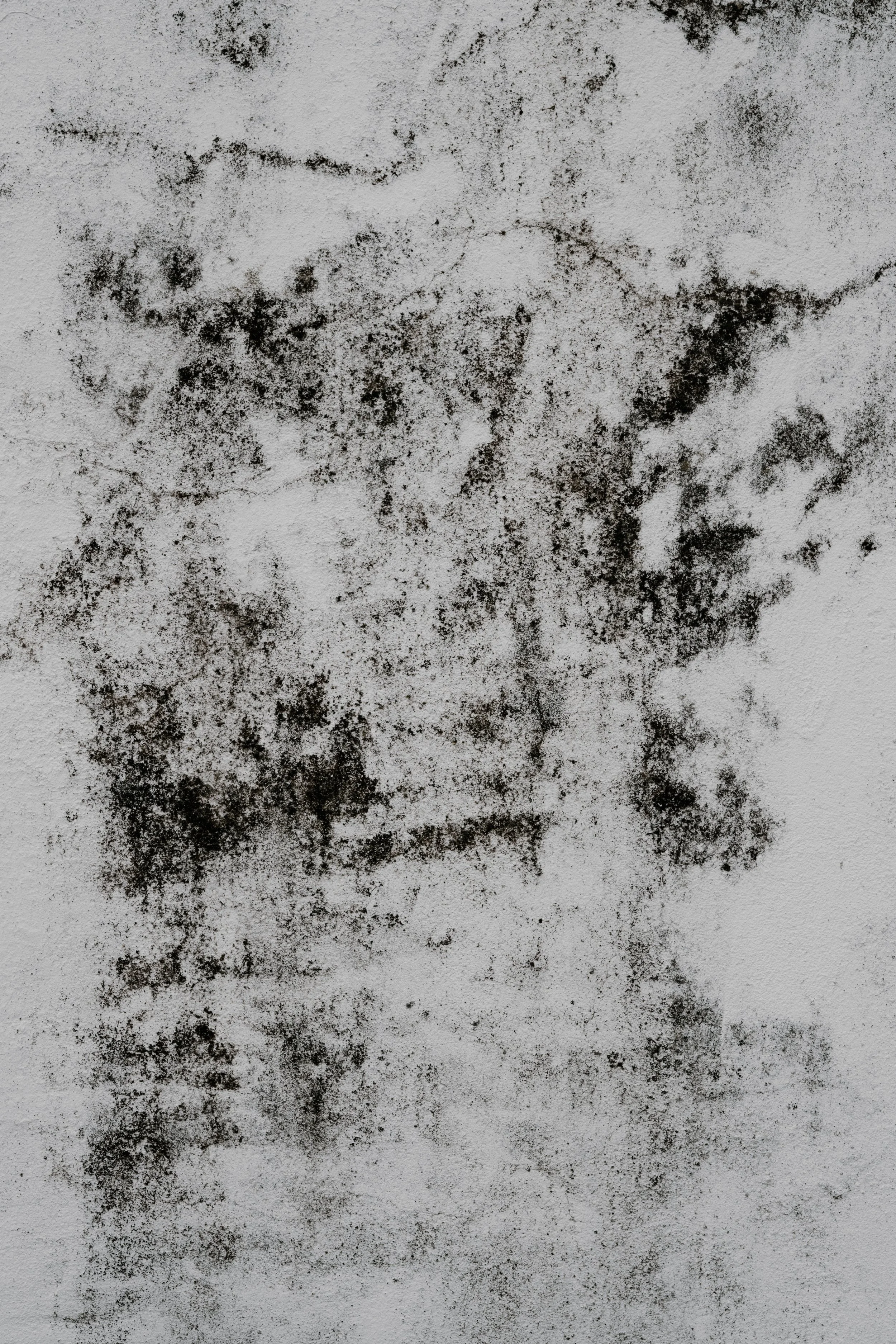
5 Important Safety Tips on How To Deal with Black Mold
Check your plumbing lines regularly
Make sure rainwater flows away from your house
Open your windows and make sure you have vents in the dryer and bathrooms.
Note: You don’t want indoor humidity over 50%. If it feels muggy in the house, open windows and make sure your dryer and bathrooms are properly vented to the outside.
Don’t install carpet where it’s going to be damp, like in that hidden, depressed corner of the basement.
Mold is not only a health hazard but it is also unappealing. If you notice a musty smell and dark spots in a room, open your windows.
If you find mold, and it’s in one spot, resist the urge to start tearing down wallpaper and ripping out wood panels. You’ll spread the spores into your vents and do more harm than good.
Here’s what to do:
Invest in some safety goggles, safety gloves, and an N-95 respirator (you can find them at most hardware stores)
If it’s a small, contained area, mix up a strong bleach solution (1 part bleach to 10 parts water) and let the bleach soak on the mold for 15 minutes
Clean with a stiff wire brush and rinse
Collect your cleaning materials in a plastic bag, seal them, and dispose properly. If absorbent materials are moldy, like ceiling tiles or carpet, throw them away
5. Vacuum the surrounding area to pick up any spores
If your mold has already spread to several areas and is not contained, call us right away. We can schedule your inspection immediately.


